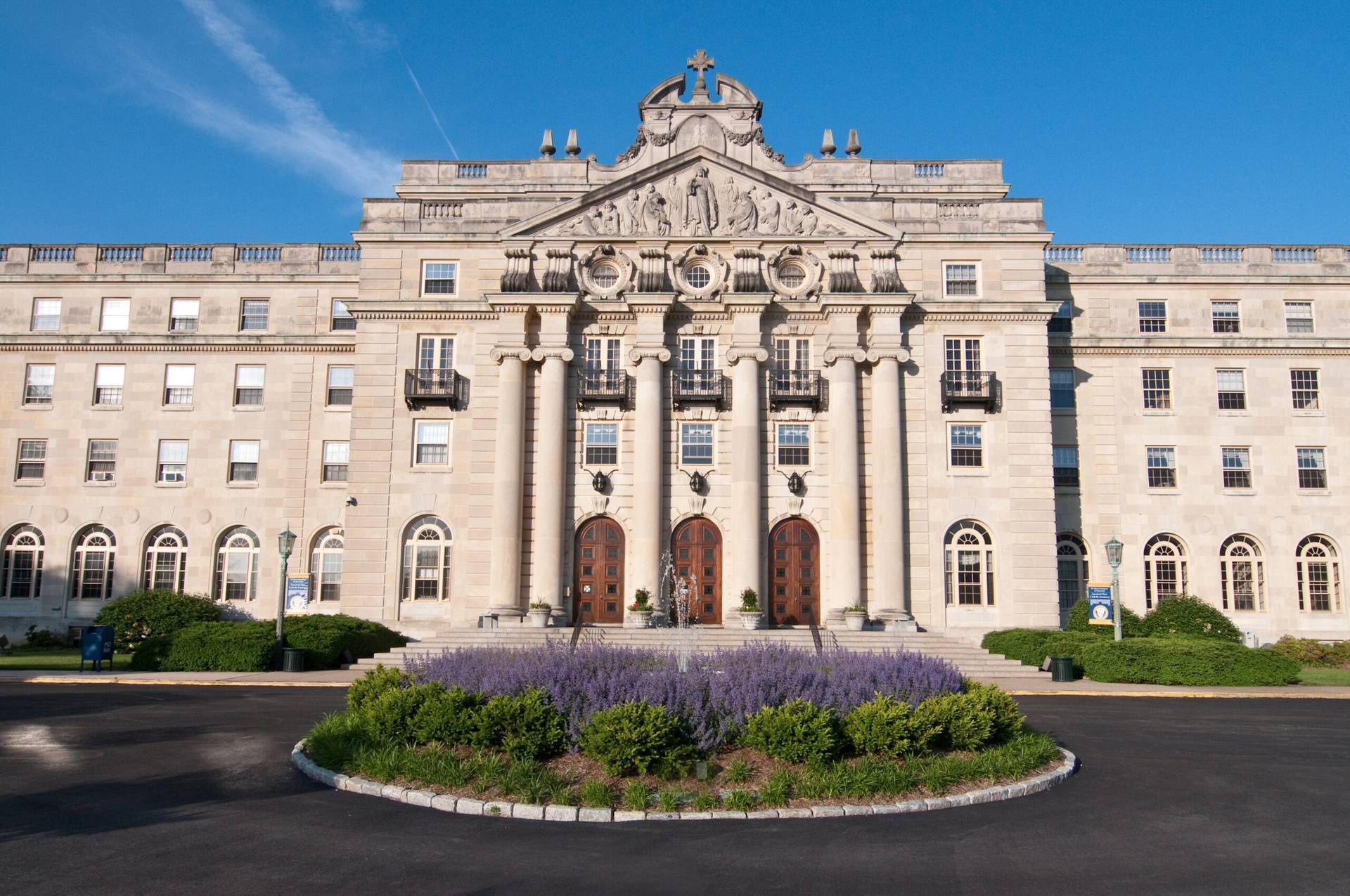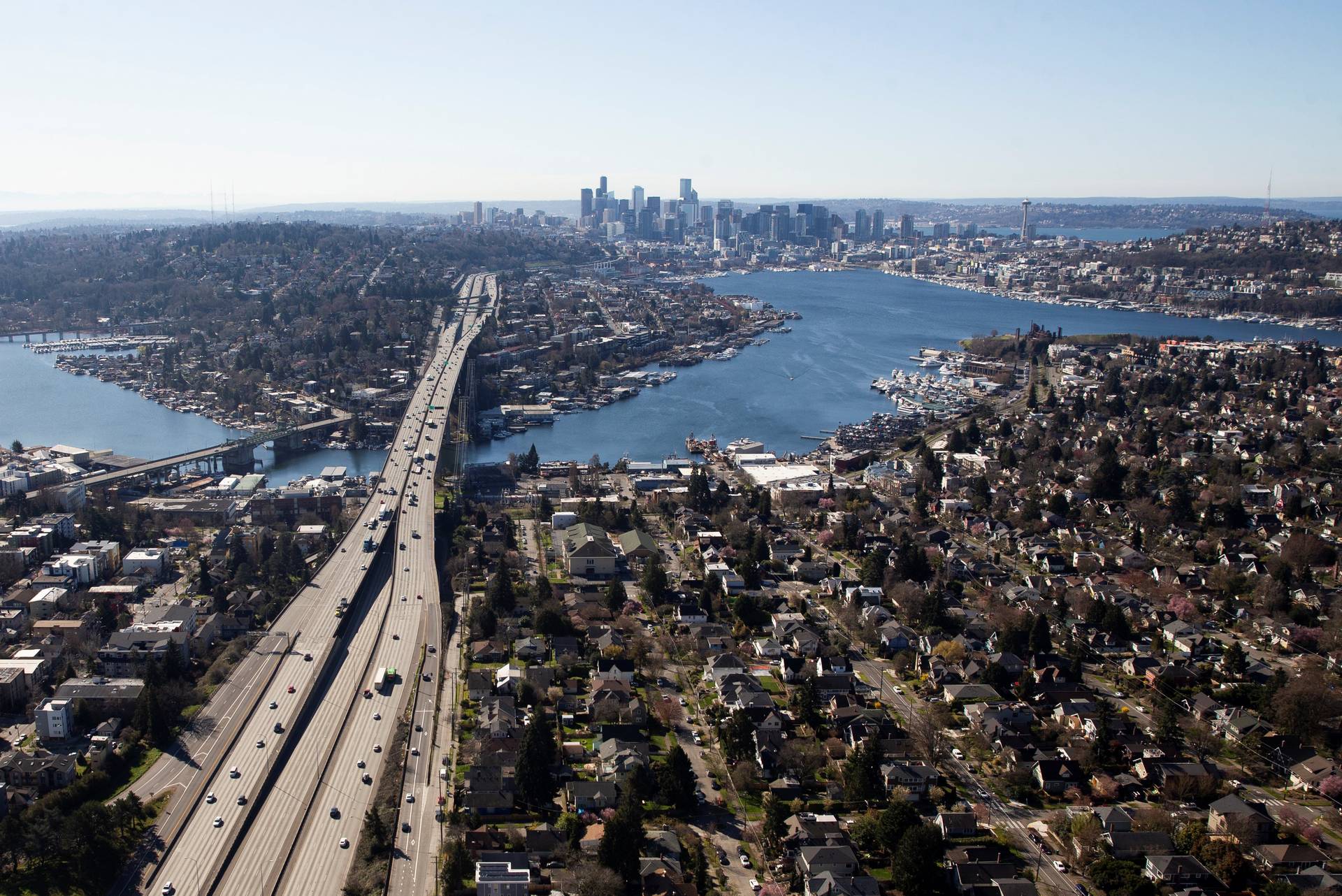In the run-up to Tuesday’s big vote in the nation’s most populous state, Church officials in California have been trying to strike a delicate balance: Encouraging Catholics to register, to be engaged, and to participate, while at the same time steering clear of explicitly partisan positions.
The California Catholic Conference is promoting an updated set of Frequently Asked Questions issued in tandem with the United States Conference of Catholic Bishops, which advises Catholics on how to participate faithfully in civic life, from forming their consciences to choosing pragmatically between political candidates.
One thing it clearly doesn’t do, however, is issue endorsements, and Church officials in the country’s most populous state say that’s not just a legal fiction intended to preserve their tax-exempt status.
“Our agenda cuts across party lines. It’s necessary for the Church to be in dialogue with Republicans and Democrats,” said Ned Dolejsi, the executive director of the California Catholic Conference, which is based in the state’s capitol of Sacramento.
“We talk about immigration with Republicans when they don’t particularly care for it, and we talk about life with Democrats when they don’t particularly care for it,” he said.
“For the Church to line up with one party or another would curtail that dialogue immensely and be against the nature of the Church,” Dolejsi said, “which is to influence and evangelize.”
In the updated set of Frequently Asked Questions, the last item is precisely why the Church doesn’t issue “voter guides” that direct the faithful to specific candidates or positions. It lists several reasons why not, including:
- Our faith teaches that we must follow our “properly formed conscience.” No one can decide that for us, or has the right to question our faith if we do not agree with them on a political strategy or candidate.
- Voting is only one part of being a faithful citizen. To change hearts and minds takes far more than a trip to the polling place.
- Catholic social teaching is broad, covering an incredible array of how individuals relate to each other in society.
- Many guides oversimplify complicated issues. For instance, guides often ask voters a series of questions – one for life, one for environment, one for labor, etc. – and attempt to determine a voter’s preferences with a few clicks of a button. Such a process is questionable at best; at worst, it can be deceitful.
On Friday, California’s Secretary of State Alex Padilla announced that nearly 18 million people are registered to vote, or 72 percent of the eligible population—the highest ever entering into a primary election.
Right now, California has become an important battleground for Democrats, as Bernie Sanders gains on Hillary Clinton’s lead. Its primary comes late in the election cycle, and only six other states and the District of Columbia have yet to hold their primaries.
For the fall, it won’t just be the presidential race Californians have to think about. Voters will also decide then on issues such as repealing the death penalty and legalizing marijuana, along with a criminal justice initiative that would make it easier for non-violent offenders to seek early parole.
In an election that’s far from ordinary, many Catholics are seeking guidance on how—or whether—to vote in this election.
“We are encouraging people to register to vote, as a strong invitation to exercise their citizenship as part of their moral obligation,” Dolejsi said.
“There’s a variety of ways that we exercise our faithful citizenship, but the primary one is to participate in a democracy by being well informed, educated voters with formed consciences,” he said.
In everyday life, Catholics are called to participate as citizens by honoring the dignity of the human person, cultivating the good of society, caring for the poor, and caring for the environment, said Dolejsi.
But it can feel difficult to make clear decisions in elections when there seem to be no good candidates.
Dolejsi says Catholics would be hard pressed to find any candidate who aligns with the full spectrum of Catholic teaching. Instead, Catholic voters must weigh candidates’ character and track record, as well as consider the scope of their influence and impact.
Whether a candidate is running for city council or to be a judge, his or her influence over areas of great moral concern can vary greatly, said Dolejsi.
But no matter how toxic the political environment may be, Catholics are called to participate in civic life.
“Non-participation is not an option that Catholics should consider,” said Dolejsi.
Does that mean that Catholics must vote on every issue or race? “That’s in the individual’s own discernment,” said Dolejsi.
As voters prepare for Tuesday’s primary, Dolejsi says Catholics should pray, consult with others, turn to Scripture and the teaching of the Church, and “trust in the Spirit to lead us in the right direction.”















